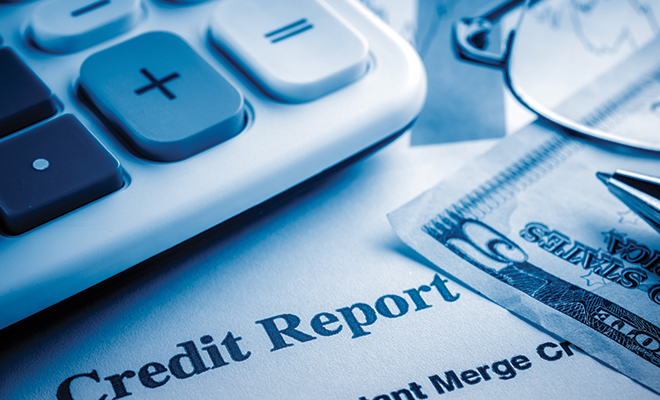
Tips to financial freedom
Whether you are just starting out in life or you’re a seasoned investor, knowing how to manage your money is one of the most important skills to learn.
Otherwise known as financial literacy, it will help you achieve your financial goals without taking on too much debt and risk, which we all know causes emotional distress.
A good place to start is your credit. Key decisions about your creditworthiness are made here. From employers to banks to furniture stores, virtually everywhere you need to borrow will review your credit report to assess the risk they are taking by loaning money to you. It’s important for you to understand how your credit report is formed, as well as how information in your report determines your score so you can take action to maintain the best credit possible. The main goal is to always keep your credit accounts in good standing. It also pays to check your credit report carefully for identity theft or inaccurate reports.
Many online financial sites will walk you through the steps to understanding your credit score, as well as general financial literacy. A new program for women was sponsored last year by First Financial Security, Inc., called the LiSA Initiative, which features a financial education blog. The site is designed to be used by anyone who wants to understand how money works. The company’s vision statement is to help all people achieve financial security through education.
Once you fully understand how your credit report works, the next step is creating a budget. It takes effort, but it’s a great way to get a quick snapshot of the money you have coming in and going out. This gives peace of mind to know you are less likely to end up in debt or caught by unexpected costs. You’ll be able to spot areas where you can save for a vacation, a new car or apply for a loan.
Gather your household bills, living costs, travel and entertainment costs to complete the process. Once you have a budget, the key is sticking to it and not falling prey to consumer advertising. As humorist Will Rogers said, “Too many people spend money they haven’t earned to buy things they don’t want to impress people that they don’t like!”
Monitor your spending religiously. You can even opt for the old-fashioned method of carrying around a small notebook and making entries of all your purchases during the day and transferring to your computer later. Most people who live by a budget say they feel better about life in general knowing there are no nasty surprises around the corner.
Next, you will be in a position to actually manage your money. If you have excess cash at the end of each month, you can plan accordingly. If you have loans or owe money on credit cards, pay off the debt that charges the highest rate of interest first. Normally, store cards and credit cards carry the highest rates of interest, and personal bank loans charge a lower rate. Be sure to abide by the terms of each agreement or loan, and make all required payments. This increases your credit score.
Of course, life presents financial challenges and things aren’t always smooth, so be prepared for the unexpected and don’t panic if something arises. If you miss credit card or loan payments or if you’re behind with so-called priority debts such as your rent or mortgage, utility bills, income tax or child support, seek advice from a free debt counseling service right away. They may be able to consolidate some of your debt into one payment, thereby making it easier and more cost effective for you. Most creditors appreciate your willingness to work on the problem, instead of ignoring your responsibility.
If, on the other hand, you find yourself swimming in cash at the end of the month, set some goals. Your first step is to have some emergency savings, money to fall back on if you have an unforeseen household expense or if you’re out of work for a while. It’s best to save up at least three months’ worth of expenses in a liquid or instant access account. You can put the money into a savings account every month and not touch it; it’s painless if your employer offers direct deposit. This is your emergency fund. Once this is set aside, you have other options, such as taking a vacation or buying a car without taking out a loan.
As your savings continue to grow, consider investing your money. If your company offers a pension plan, Individual Retirement Account or 401(K), add more money to the fund. Talk to a financial advisor and make an investment plan based on your lifestyle, goals and time frame toward a happy retirement. HLM
Sources: bankrate.com, firstfinancialsecurity.com and moneymanagement.org.







